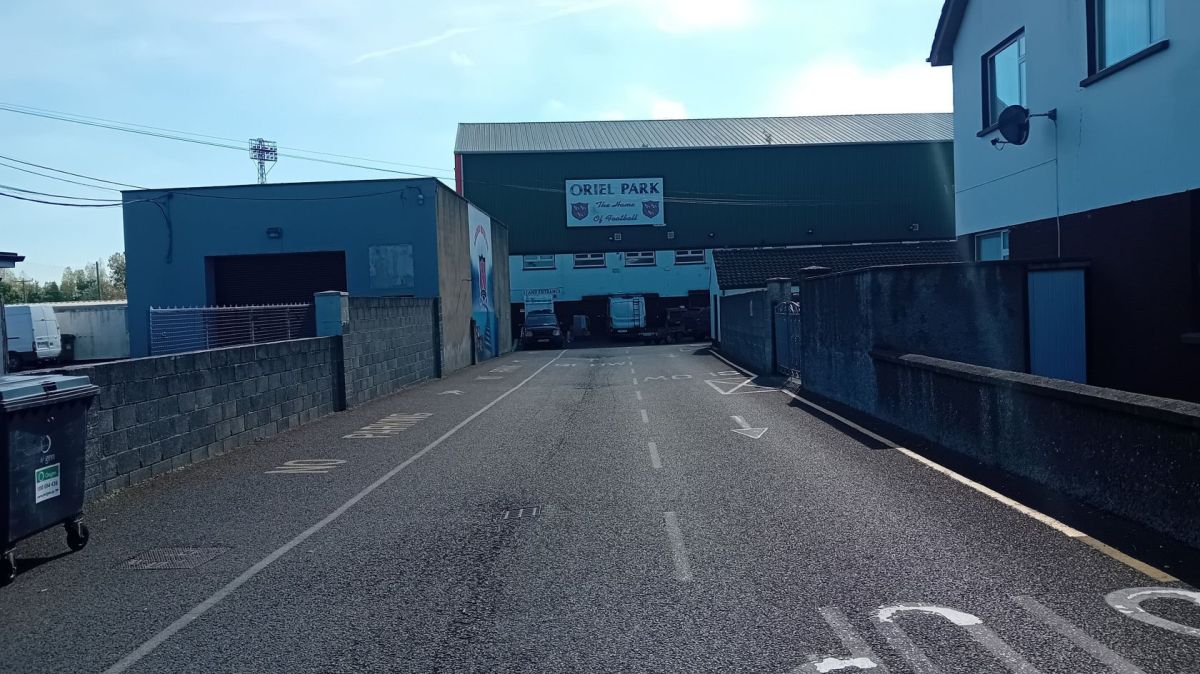These restrictions, in place since 2021, were a result of Northern Ireland remaining aligned with EU plant health rules while the rest of the UK diverged.
Under the new deal, the UK will now realign with EU plant health regulations, allowing previously banned plants to be sold again. Robin Mercer of Hillmount Garden Centre in County Down welcomed the change, calling it "long overdue" and saying the current rules had increased costs and limited choice for retailers.
The deal could also resume online sales of plants and seeds from Great Britain to Northern Ireland. However, these changes are not yet legally binding and may not take effect until 2026. Meanwhile, existing requirements under the Windsor Framework—such as "Not for EU" food labelling—will continue to roll out this July.
The agreement is seen as a major step forward by many in Northern Ireland’s food and fishing sectors. Patsy Farren of Donegal Prime Fish hopes it will simplify exporting, having previously lost access to GB suppliers due to complex paperwork. Similarly, Andrew Lynas of Lynas Foods expressed “cautious optimism,” citing persistent challenges in moving goods back from Scotland.
Hilary Benn, Northern Ireland Secretary, described the agreement as a “very practical” and “significant step forward” that would reduce bureaucracy and costs for businesses. The wide-ranging deal also includes a 12-year fishing agreement, a new animal passport system, and plans for easier travel between the UK and the EU.
While concerns remain about customs burdens, the Northern Ireland Chamber of Commerce called the deal “hugely positive,” acknowledging the pressure Northern Irish businesses have endured since Brexit.















